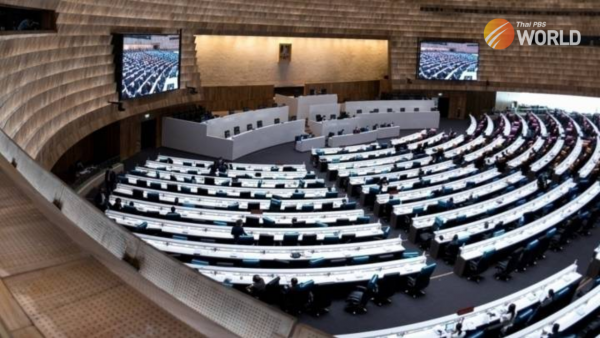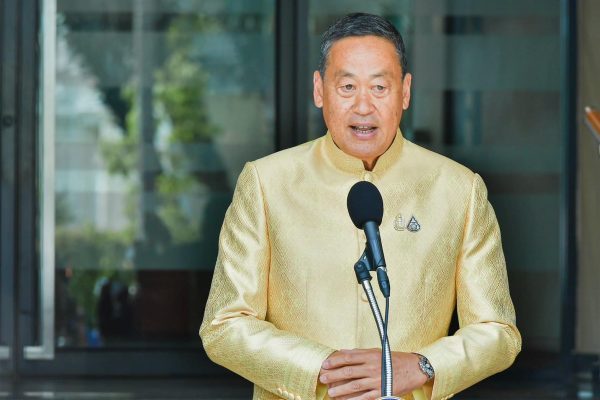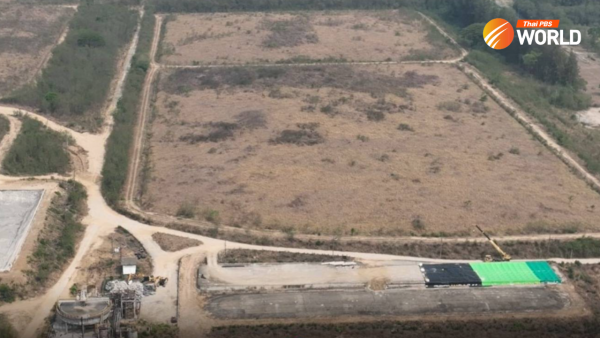Opinion: “I am in charge” – what does it mean?

After weeks of fumbling for answers to deal with the worsening coronavirus pandemic, Prime Minister Prayut Chan-o-cha finally said what many had wanted to hear: “I am in charge.”
But what do these grand-sounding words coming from the country’s top leader mean? As prime minister, wasn’t he supposed to be in charge all along?
Probably not – at least that’s the general perception of many.
Either because of his understanding (or lack of understanding) of the situation or because of his style of communication, Prayut was initially seen as out of touch. How he responded to questions from the media as infection cases mounted, only showed how he was under-estimating the gravity of the situation.
And it didn’t help that the many Cabinet members and government agencies tasked with devising ways to combat the deadly virus continued to contradict each other. Even the shortage of surgical masks suddenly threatened to become a last straw close to breaking people’s trust in the administration.
With the new powers entrusted to him by the state of emergency decree, Prayut certainly wants to be seen as turning a new page in how he is leading the charge against the pandemic.
Central to the efforts is the new structure of the existing “Covid-19 Administration Centre”. Starting today it has been upgraded as a “special unit” with single command authority over every government agency and with Prime Minister Prayut as its head.
That means all operations and work related to the fight against the pandemic and to mitigate its social and economic impact will be centralized under Prayut’s ultimate command.
In one of his first orders under the new structure, Prayut appointed the permanent secretary of the Public Health Ministry to take charge of public health emergency, permanent secretary of the Interior Ministry to have command over governors of Bangkok and other provinces, permanent secretary of the Commerce Ministry to control supplies and prices of essential goods, permanent secretary of the Foreign Ministry to deal with international
affairs and helping Thais overseas, and the military supreme commander in charge of law enforcement.
Prayut said he will meet with these top bureaucrats everyday during which he will give out instructions and assignments and hear reports of their progress. That probably explains why in his address on Wednesday he said he was going to be “in charge of every aspect” of the war against the coronavirus.
It’s worth noting that as head of the special unit dealing with Covid-19, Prayut is by-passing people in his Cabinet. That means he is dealing directly with the bureaucrats who are undoubtedly the main mechanisms in dealing with the emergency situation.
“I want to get rid of the problem of confused and rudderless approaches adopted by different agencies,” Prayut said.
It certainly comes as good news that people finally know who is in charge during this critical juncture. And whether he likes it or not, Prayut is now putting his leadership on the line.
His political future will be determined by how he handles what he himself describes as “the turning point” for Thailand. And, of course, the lives of many Thais also depends on how well he will manage as the man in charge.
By Thepchai Yong
Related story: Opinion: Prayut needs a real “conversation” with the people






